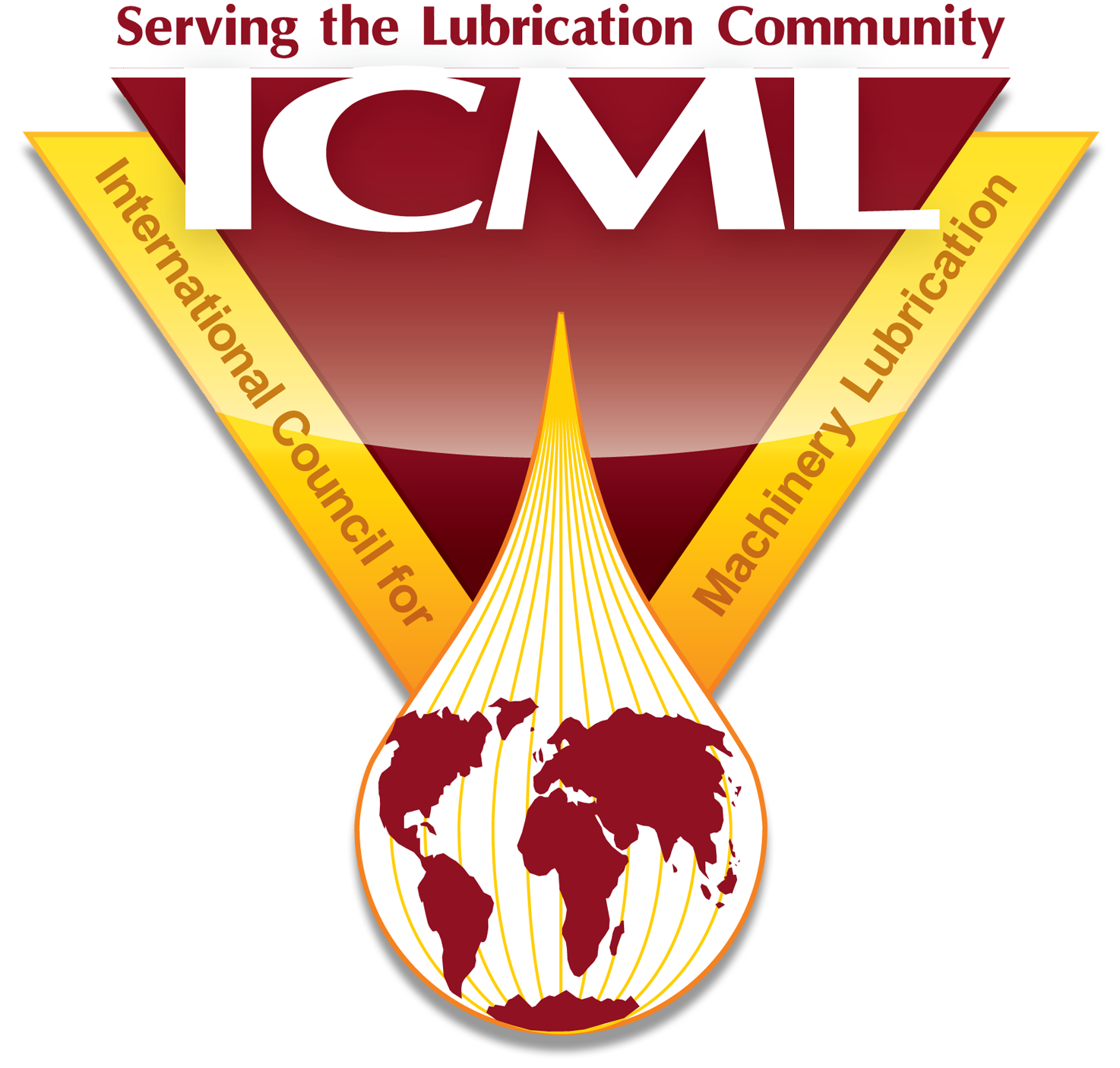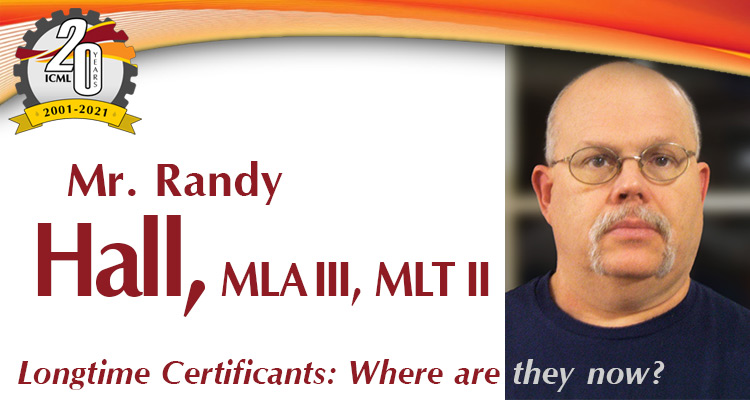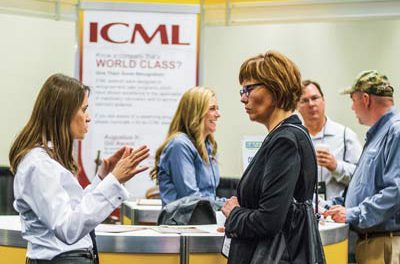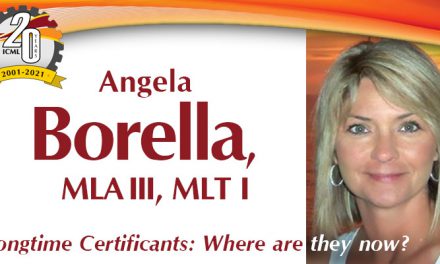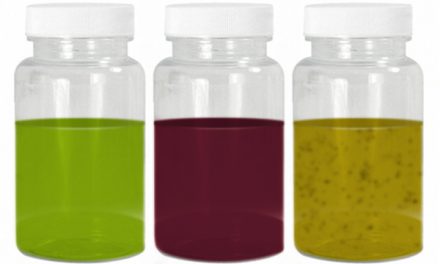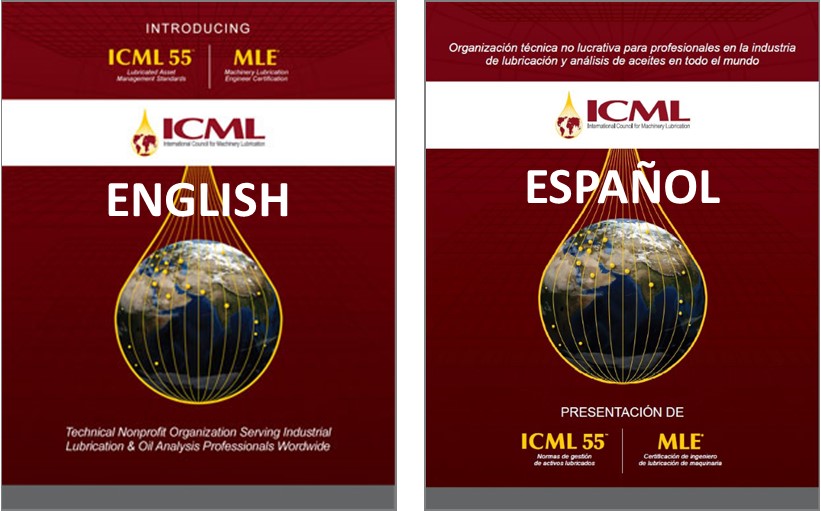May 27, 2021 | Today we meet Mr. Randy Hall, Technical Services Analyst with Tennessee Valley Authority (TVA), who has continuously held ICML certification since first earning MLT I back in September, 2003, in Nashville, TN, USA. With a Navy background that was heavy in mechanics, Randy came to us when his private sector supervisor offered him the opportunity to lead some PdM initiatives with a focus on lubrication and oil analysis. Training and certification suddenly became the order of the day and the rest, as they say, is history.
What education/career background led you into a lubrication career, and what are you doing now?
After graduating from high school in 1976 I joined the Navy. I spent 20 years as an Aviation Structural Repair Mechanic, responsible for maintaining the fuselage, landing gear, flight controls, hydraulics and associated systems. I was also involved in lubrication and hydraulic fluid analysis. In 1999 I was hired as an industrial maintenance mechanic for the local Standard Gypsum wallboard plant. As a mechanic I maintained conveyors, gearboxes, bearings and many other types of rotating equipment.
My current role is Technical Services Analyst at Tennessee Valley Authority (TVA), which includes responsibilities such as:
- Collection, processing and testing oil samples for a Coal fired power plant with two 1300 megawatt generators.
- Making recommendations for lubricant types, servicing equipment and best practices.
- Ensuring the plant lubrication manual is updated.
- Monitoring of the Wet Scrubber slurry for pH, density, oxidation reduction potential (ORP), sulfites and chloride specifications to ensure operational and environmental compliance.
- Monitoring of the Boiler Feed Water pH, cation conductivity, specific conductivity, silica and sodium to optimize boiler feed water quality.
- Using vibration analysis, thermography, ultrasonic and motor testing technologies to maintain reliable rotating equipment.
- Conducting plant performance tests.
What prompted you to seek ICML certification in 2003?
After working as a mechanic at wallboard plant for several years I was asked by the Maintenance Superintendent if I would be interested in helping a co-worker set up a PDM program, under the new job title of Predictive Maintenance Technician. The co-worker already had experience in vibration, so I was chosen to set up the lubrication and oil analysis programs. To make sure the program got off to a good start I was encouraged to attend as much training as possible and obtain any certifications pertaining to the PDM field.
Briefly recap the occasion of your first certification exam.
I was in the process of collecting information on the plant equipment, to use for setting up the lubrication and oil analysis program at the wallboard plant. I had the opportunity to take the Best Practices for Machinery Lubrication through Noria in August of 2003, and I studied until I was able to take the MLT I exam in September of 2003 while attending a Noria Oil Analysis I seminar.
What has motivated you to recertify consistently all these years?
I had never had the opportunity to achieve this type of certification and I studied a lot to get it! When I passed, I did not want to lose my MLT I and have to retake the exam to regain it. The exam was very tough. I also wanted to keep the credibility I had established.
How has ICML certification helped you the most?
Attending the training seminars and putting in lots of self study time has given me a great foundation of knowledge and the confidence to make informed decisions concerning lubrication and oil analysis. During the training and conferences I have been able to network with many people facing the same challenges as I and they can provide a wealth of information.
What is your favorite memory/experience of your lubrication journey?
My favorite experience was completely refurbishing our lubrication storage and dispensing room at the wallboard plant and then getting the opportunity to highlight the changes in a case study presentation at Noria’s 2010 Reliable Plant conference. And my favorite memory was being featured in a “Get to Know” segment in the November-December 2010 Machinery Lubrication Magazine published by Noria.
Who has helped or encouraged you along the way?
I have had plenty of help and encouragement from many, but two stand out; First was Jessie Jetter. He was the Maintenance Superintendent that gave me the opportunity to set up the program. The second was Mike Johnson, who was the facilitator for that first class. He made the material very interesting and opened up a new world of lubrication I never knew existed. He definitely got me started on the right path.
How was your WORK impacted by covid-19 restrictions IN 2020?
So far Covid-19 hasn’t changed my role. We still have to perform all the same monitoring, inspections and data collection as before.
How has lubrication technology (for application, sampling, or analysis) changed the most since you were first certified?
In the beginning there were not very many companies that provided lubrication and oil sampling equipment. Purchasing the basic parts and assembling them to make what was needed was not uncommon. Now there are plenty of companies producing a countless number of specialized products for sampling, dispensing, filtering and training.
What would you identify as your top tool or technology on the market today, and why?
I would say oil analysis is definitely my go-to technology of today. There are so many problems that you can detect early on.
What remains the biggest challenge to the implementation and/or sustainability of successful lubrication programs?
Gaining upper management support and changing the existing lubrication bad habits.
Favorite town/region where you have worked
San Diego, California
Hobbies/Interests/activities outside of work
Travel and home improvement projects
Other professional associations
Society of Tribologists and Lubrication Engineers (STLE), where I earned Certified Lubrication Specialist (CLS)
.
